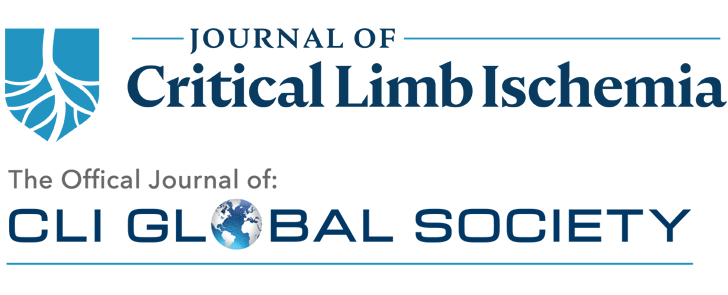Case/Review
Upper extremity CLTI attributable to infrabrachial chronic arterial occlusive disease is an infrequently encountered problem in clinical practice for which no evidence-based treatment algorithm exists. Here the authors describe their approach to a patient with right upper extremity CLTI and limited arterial runoff into the hand.
The Pantheris device (Avinger), an integrated version of IV-OCT in a directional atherectomy device, has been used for the revascularization of lower extremity occlusions. We present a 73-year-old patient with chronic total occlusion of the axillary artery with successful revascularization using the Pantheris device, for the first time in the literature.
This case report describes a successful endovascular revascularization technique which, along with a multidisciplinary approach, resulted in limb salvage with only a minor amputation.
The following case report follows a 78-year-old male with CLI who underwent invasive total ankle joint replacement.
We present the successful treatment of critical hand ischemia in a young patient with end-stage renal disease using orbital atherectomy and balloon angioplasty.
We discuss the treatment approach taken to target the patient’s disease and analyze the significant benefits of revascularization beyond the pedal plantar loop, particularly its role in promoting effective wound healing while lowering the risk of amputation.
We present a case of ostial superficial femoral artery CTO in a patient with CLI who underwent successful revascularization via TCIA strategy with a successful outcome.
We present 5 elderly patients with varying severity of acute respiratory distress syndrome due to SARS-CoV-2. During hospitalization, each patient experienced acute arterial ischemia of the lower extremity despite anticoagulation therapy, requiring surgical intervention.








